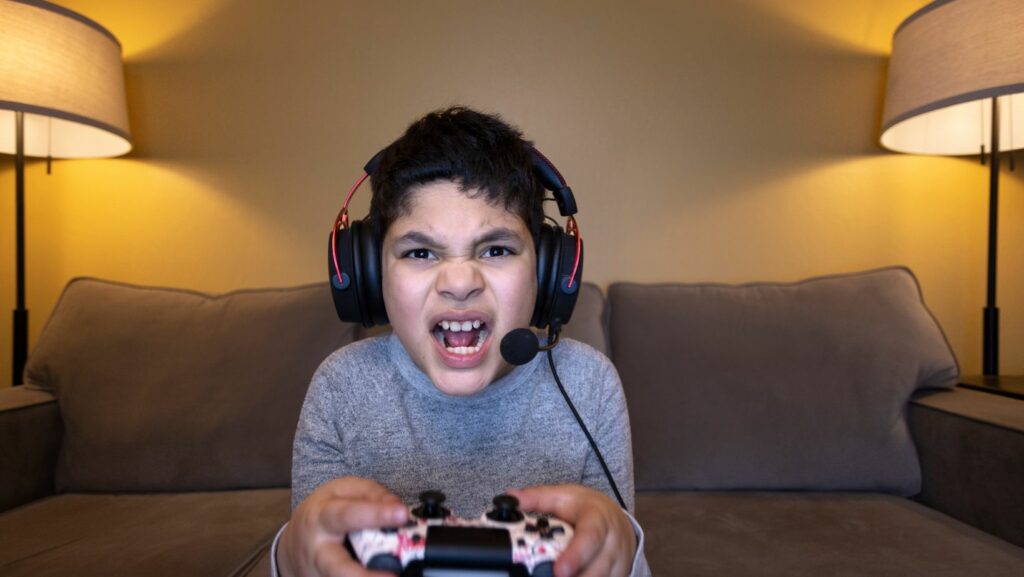Games About Mental Health
Video games have steadily carved a role in spreading mental health awareness. This digital platform offers a unique, immersive medium to convey complex mental health issues, often seen as taboo or difficult to understand. It’s a unique approach to make the subject accessible and engage a diverse audience.
In-depth portrayals of characters with different mental health struggles add another layer of understanding. For instance, a protagonist dealing with depression in one game contributes to the nuanced conversation of what living with such a condition can be like on a daily basis.

Additionally, video games provide a non-threatening, interactive space for players to explore and understand mental health challenges. For instance, games exploring anxiety disorders permit players to navigate through scenarios marked by panic attacks or overwhelming worry, giving them an indirect experience of such a condition.
That’s not to overlook that some games offer resources and coping mechanisms for individuals dealing with these conditions, further cementing video games’ role in mental health awareness. These games not only represent mental health disorders but also guide players towards understanding and empathizing with those dealing with such issues.
Popular Games About Mental Health
Modern gaming narratives take an innovative approach to addressing mental health issues. High-profile entries offer players empathy-driven experiences highlighting different facets of mental health.
“Hellblade: Senua’s Sacrifice,” developed by Ninja Theory, breaks the mold with its portrayal of mental illness. This game centers on Senua, a Pict warrior, journeying through a hellish underworld representative of her psychological turmoil. The developers consulted neuroscientists and people living with psychosis to accurately depict the character’s experiences. As a result, players gain an unprecedented understanding of mental health struggles from the compelling first-hand perspective.

“Celeste,” crafted by Matt Makes Games, captures the struggle with anxiety and depression through the protagonist, Madeline. Her uphill battle is metaphorically represented as she ascends a figurative and literal mountain. Bristling with challenging platforming levels, each step of Madeline’s journey provides insights into her mental health struggles. Concurrently, it emphasizes the importance of perseverance and self-care in the face of immense psychological pressure.
EA’s “Sea of Solitude” provides a poignant visualization of loneliness. Players navigate treacherous waters as Kay, a woman transformed into a monstrous creature due to her isolation. The game uses aspects of fantasy and horror to physically express Kay’s emotional state. By exploring these emotions, players begin to comprehend the depth of loneliness and its potential transformative impacts on mental health.
Designing Games for Mental Health
Designing games for mental health involves careful planning and a profound understanding of related psychological issues. This necessitates a delicate balance between entertainment and educating about mental health.
Delivering mental health narratives through games demands a comprehensive understanding of the subject matter. Incorporating them organically into the storyline preserves the immersive nature of the game. For instance, “Hellblade: Senua’s Sacrifice” presents the protagonist’s psychosis not as an auxiliary element, but as an integral part of the character’s reality, directly influencing gameplay. The key lies in creating immersive narratives, enabling players to comprehend mental health issues through the lens of characters experiencing them.

Presenting mental health as a primary component of the narrative also promotes empathy. Games like “Celeste” strive for this, designing the main character’s struggle with anxiety as a core element of her journey. The player’s progress in the game is, in essence, a reflection of the protagonist’s own attempts to handle her anxieties, making the player’s journey an empathic one.
Crafting games around mental health issues is not without challenges. Primarily, there’s a risk of inadvertently reinforcing harmful stereotypes if not properly informed. Therefore, consulting with mental health professionals is paramount to ensure the representation is accurate and sensitive. For example, “Sea of Solitude” famously worked closely with psychologists during its development process to create a narrative about loneliness that is empathetic and relatable while avoiding harmful portrayals.
Another critical factor is balancing gameplay with the educational aspect. Games must still be engaging, despite their focus on providing insights into mental health issues. Meeting the dual requirements of being enjoyable and proving beneficial information requires an innovative approach to game mechanics and story arcs – stringently maintaining the balance of information dissemination and player engagement.



